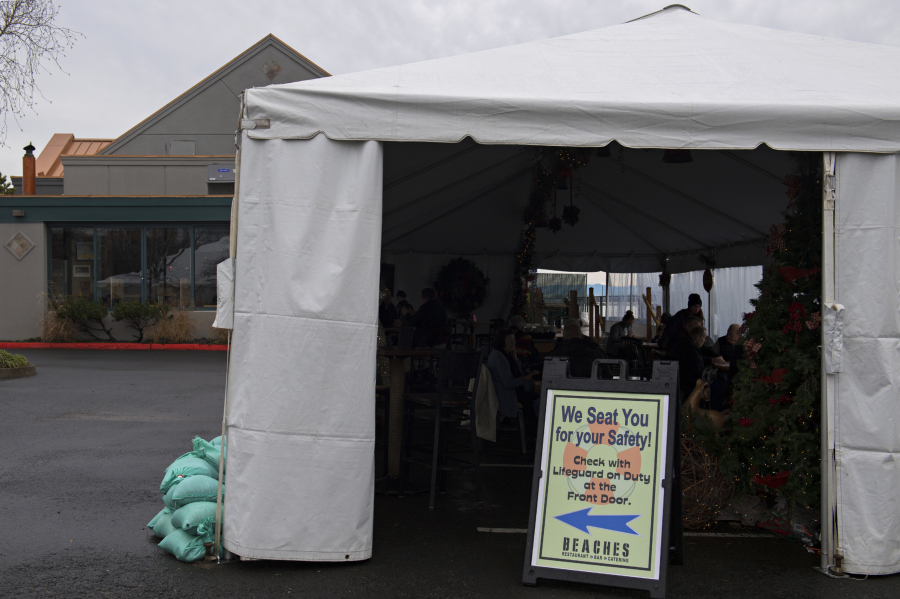Vancouver restaurant owners ask lawmakers to speed reopening for businesses
Washington restaurant homeowners and trade teams are calling on lawmakers to permit them to reopen their doorways, but when they hope to behave shortly they are going to be upset.
A few Vancouver restaurateurs joined greater than a thousand individuals who signed up in assist of Washington Senate Invoice 5114, which might permit companies throughout the state to maneuver into Section 2 of the Washington Wholesome Roadmap for the Rebuilding Plan.
The federal government and Senate Electoral Committee held a public listening to Wednesday morning to look into this, however the committee adjourned with out taking motion.
The invoice has been a recurring subject of debate for the previous few weeks on the Restaurant Roundtable, a recurring digital assembly of dozens of Clark County enterprise homeowners. The bulk who testified throughout the hour-long listening to on Wednesday had been restaurant homeowners or representatives of different hard-hit industries equivalent to gyms and bowling facilities.
In response to a surge in COVID-19 circumstances, Governor Jay Inslee put a nationwide ban on indoor consuming in November, and Section 1 of the roadmap plan is sustaining that moratorium. All areas of the nation are at the moment nonetheless in section 1.
The invoice was unveiled on Jan. 7, the day after Inslee introduced the Wholesome Washington Plan and outlined the restrictions for the primary two phases. Sponsors included Sens. Lynda Wilson, R-Vancouver, and Ann Rivers, R-La Middle.
It’s unclear whether or not the invoice has an opportunity in the long run. In response to an e-mail earlier this month from Mark Matthias, proprietor of Vancouver’s Seashores restaurant, Rivers talked about the invoice however famous that it could want Democratic assist to go it.
Throughout the testimony on the listening to on Wednesday, Matthias argued that the catering trade is being wrongly blamed for the rise, as indoor eating was already closed over the last wave of COVID-19 circumstances. Matthias and many of the different trade representatives emphasised that they need to observe established security tips for operations.
“Few industries are blamed for a rise that we did not trigger,” he stated.
Mychal Dynes, co-owner of Little Conejo in Vancouver, additionally testified in assist of the invoice, talking of the financial hardship brought on by the continued shutdown. Little Conejo needed to lay off a few of its workers after the primary paycheck safety program mortgage expired and the corporate didn’t qualify for a second.
Not all public testimonies agreed with the invoice. A number of well being care staff testified in opposition to it, arguing that the medical workers was already overwhelmed and the hospitals had been nearing full mattress capability. Lacy Fehrenbach, assistant well being minister for the state’s COVID-19 response, stated the state was unwilling to maneuver on to section 2.
“If we open the state too early, it is going to open the floodgates to my hospital and overwhelm me and the caregivers I work with much more,” stated Kat Wooden, a healthcare employee at St. Joseph Medical Middle in Tacoma.
Neeru Kaur, a respiratory therapist at Harborview Medical Middle in Seattle, stated coloured communities are already disproportionately affected by the pandemic and reopening the hospitality trade would trigger additional disproportionate harm because of the variety of neighborhood members employed within the trade.
The committee broke off public testimony and adjourned at 10 a.m. with no vote or motion on the invoice. The invoice can be earlier than the state authorities and the electoral committee on Wednesday.
[ad_2]

